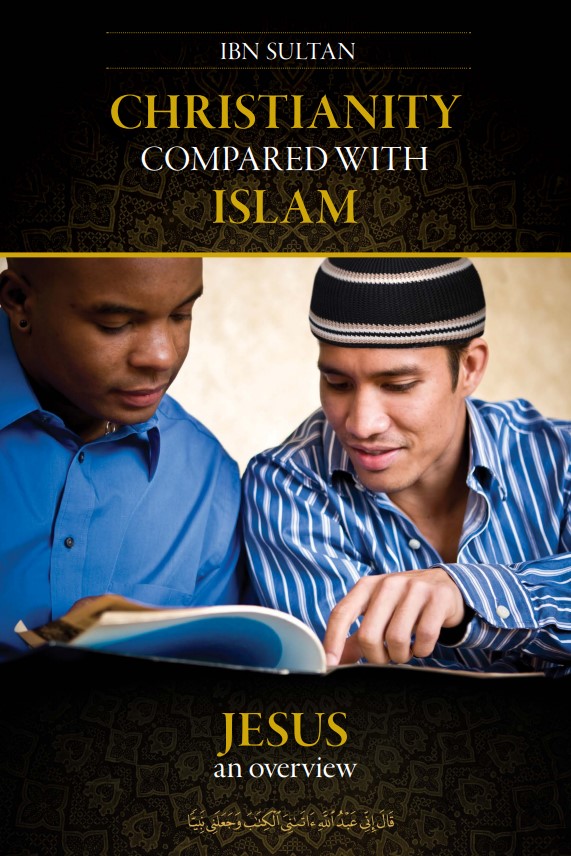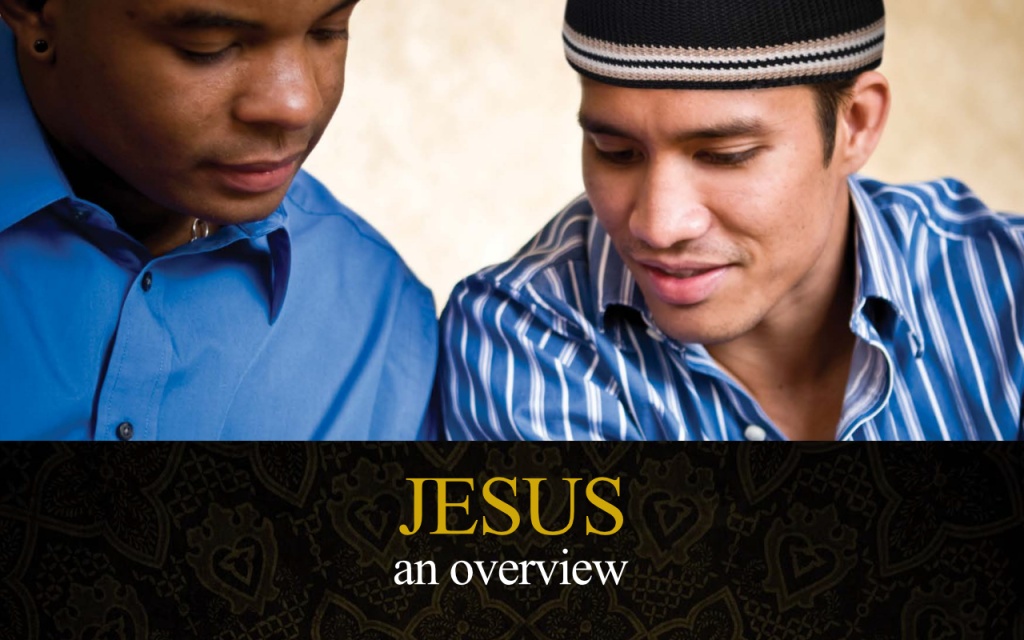

Chapters
« Ch. 6 - Comparing views on Jesus' titles
To determine truth we need to compare the Christian and Islamic view of Jesus.
The Christian View
i. Preservation of God’s Scripture
In order to justify that the New Testament is the Word of God, Christians start with the premise that the previous revelations (the Taurat, the writing of the Prophets and the Psalms), the entire Old Testament is the unchanged Word of God. By doing so, we hold that God is sovereign and powerful to preserve His Scripture. It is very important for God to preserve His Scripture, so that any new revelation (which claims that it is the continuation of the previous revelation) can be tested against the previous revelations. That’s why the New Testament always invites us to look back to the prophets and see how their words are fulfilled in Jesus.
ii. Credibility of the claims
Anyone can make a claim. The four Gospels say a lot about Jesus. It is legitimate to ask: How do we know what is written in the four Gospels is true? One of the ways we can check its credibility is to test the claims. For example, the Gospels claim that Jesus was crucified, He was buried and He was raised from the dead. The ultimate evidence to prove that Christianity is true is to show that Jesus was crucified and He was raised from the dead.
iii. Credibility of historicity
Careful reading of the four Gospels show they contain lots of information about geography, politics, religious sects, names of specific people, their ranks and their professions. It names specific locations and gives information about currency. The Gospels are so rich in detail. These details are testable, and they are proven to be true.
The Islamic View
i. Preservation of God’s Scripture
In order to justify that the Qur’an is the Word of God, Muslims start with the premise that the previous revelations have been changed. Such an assumption raises some big questions. The Islamic view suggests that:
- Allah did not preserve the previous revelations.
- Man can change God’s Word.
- Finally Allah preserves the final revelation ‘The Qur’an’.
It is worth asking the questions: Why would Allah allow the revelations to be changed? How can it be possible for God’s Word to be lost or corrupted? Why weren’t the books kept safe?
ii. Credibility of the claims
How do we know what is written in the Qur’an regarding Jesus is true? The Qur’an claims the Injil was given to Jesus. The Qur’an claims Jesus was spreading Islam in the first century (Quran 61.14). Jesus claimed He was a prophet. What do you think – is there any evidence for such claims?
iii. Credibility of historicity
It is impossible to find any historical or archaeological evidence that supports the events set out in the Qur’an. For example, Quran 4.157 does not give any detail about those who were responsible for accusing Jesus, it simply says ‘they’ and ‘we’ and ‘another’.